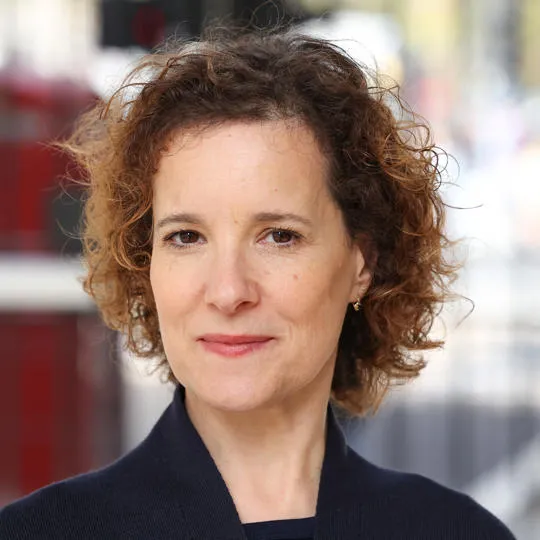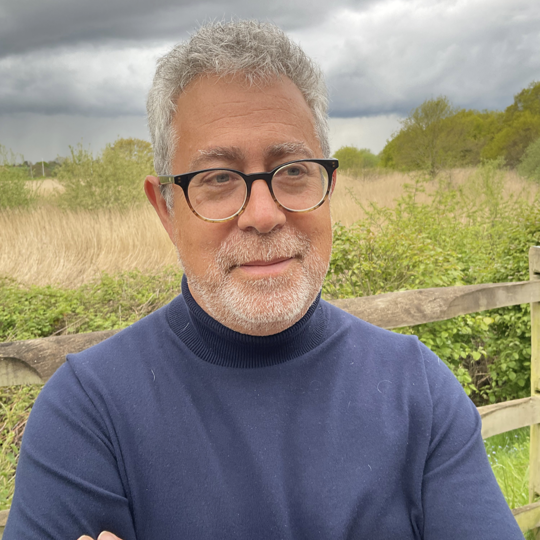Please note: this event has passed
Handwriting is more than a functional skill—it is a conduit for memory, creativity, and identity formation. In an era dominated by digital communication, this workshop will re-examine handwriting as a critical site of cognitive processing, artistic innovation, and historical record. Bringing together experts from neuroscience, literature, manuscript studies, and the visual arts, this event will offer fresh perspectives on the creative-critical significance of the handwritten word.
Following an optional curated writing session, the Workshop will be divided into three sessions, with short presentations and conversations about (1) handwriting, cognition, neural plasticity; (2) therapeutic and psychological aspects, and (3) practical demonstrations and creative-critical application. The afternoon concludes with reflections on the interconnections between handwriting in the classroom, in research and in personal life.
Speakers and panellists
- Prof. Alexandre Castro Caldas (Professor of Neurology, Director of the Institute of Health Sciences of Portuguese Catholic University)
- Martin Weegmann (clinical psychologist and group analyst, editor of The Psychodynamics of Writing, 2019) and members of his writing group
- Gill Partington (Fellow in Book History, Institute of English Studies)
- Jasmina Bolfek-Radovani (Multilingual Poet, Arts Practitioner, researcher. www.jasminabradovani.com)
- Jess Wood (painter, researcher, www.jesswoodpainter.co.uk)
- Dr Joseph Ford (Institute of Languages, Cultures and Societies)
- Dr Alexandra Lourenço Dias (King’s College London)
- Professor Julian Weiss (King’s College London)
Attendance is free, but space is limited and advance registration is required.
Programme
11:30-12:30: Optional creative writing session, curated by organisers and invited artists
14:00-14:10: Welcome and introduction Alexandra Lourenço Dias, Julian Weiss
14:10-15:00: Conversation I: Writing the body: Neuroscience in practice Alexandre Castro Caldas, Alexandra Lourenço Dias
15:00-15:50: Conversation II: Therapeutic Writing Martin Weegmann and members of his writing group
16:15-17:15: Conversation III: Writing and critical-creative practice Gill Partington, Jess Wood, Jasmina Bolfek-Radovani
17:15-17:45: Conclusions and future directions Joseph Ford (moderator)
Creative writing sessions
The Exegetical and Expressive Capacities of Hebrew Letters
Led by Jessica Wood, this workshop draws on rabbinic and biblical traditions to explore how Hebrew letters themselves hold interpretive meaning. The early rabbis make much of the expressive potential of Hebrew letters. Influenced by them, in this session I am going to explore how key Hebrew words and the shapes of their letters have the capacity to articulate a biblical subject matter. For example, what can we make of verses which suggest that the voice of God is walking in the garden or in the sanctuary? How can we use Hebrew letters to think about the paradox between specific sites of God’s dwelling on earth (sanctuaries), and claims of God’s omnipresence? How can a Hebrew letter be used as a pictograph to make visible how heaven relates to earth? We will look at how the Hebrew letters themselves can be used as exegetical tools to advance our understanding of these passages.
An Interdisciplinary Workshop on Hebraic and Arabic Calligraphy
Facilitated by Jasmina Bolfek-Radovani, this hands-on session invites participants to explore the aesthetic and structural possibilities of Arabic script. The emphasis is on creative experimentation rather than polished outcomes—participants will work with practice papers, chisel markers, and collage materials to reflect visually on language, rhythm, and the materiality of text.
The event is co-sponsored by the Institutes of Languages, Cultures and Societies and English Studies(Opens in new window) (School of Advanced Study), The Camões Institute, and King’s College London’s Camões Centre and the Language Acts and Worldmaking Research Centre (King’s College London).
For further information contact the co-organisers: Alexandra Lourenço Dias (alexandra.lourenco_dias@kcl.ac.uk) and Julian Weiss (Julian.Weiss@kcl.ac.uk).
Event details
Room 349, Third FloorSenate House
Malet St, Bloomsbury, London WC1E 7HU


